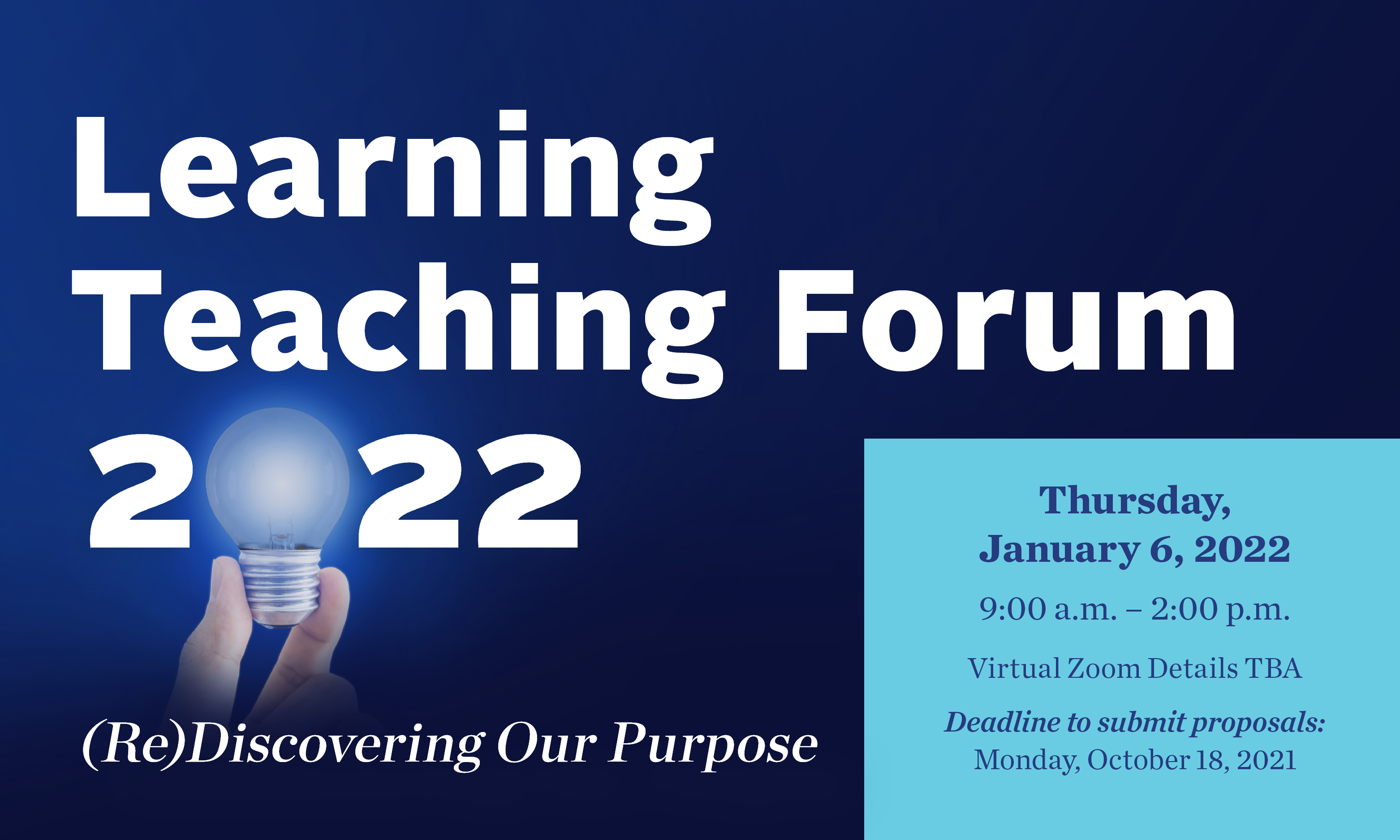The Centrality of Social-Emotional Learning for Adults during Crises
Abstract/Description
Social-emotional learning (SEL) is crucial to human development because SEL helps us maintain supportive relationships and make responsible and caring decisions. This presentation focuses on a qualitative study that aimed to understand how public school educators looked after their social-emotional health during the COVID-19, economic, and racial crises.
This study is significant because:
- It promoted equity since SEL-minded adults help create healthy and safe communities for peers and students.
- It demonstrated that SEL has implications for educators' and leaders’ well-being and retention.
- It shed light on the best practices to adopt when caring for the social-emotional health of adult educators.
Although this research was conducted in PK-12 settings, the findings are relevant to higher education institutions and should be of particular interest to UD as the study aligns with the Marianist Characteristics of educating for change and adaptation and in family spirit.
The Centrality of Social-Emotional Learning for Adults during Crises
Social-emotional learning (SEL) is crucial to human development because SEL helps us maintain supportive relationships and make responsible and caring decisions. This presentation focuses on a qualitative study that aimed to understand how public school educators looked after their social-emotional health during the COVID-19, economic, and racial crises.
This study is significant because:
- It promoted equity since SEL-minded adults help create healthy and safe communities for peers and students.
- It demonstrated that SEL has implications for educators' and leaders’ well-being and retention.
- It shed light on the best practices to adopt when caring for the social-emotional health of adult educators.
Although this research was conducted in PK-12 settings, the findings are relevant to higher education institutions and should be of particular interest to UD as the study aligns with the Marianist Characteristics of educating for change and adaptation and in family spirit.



